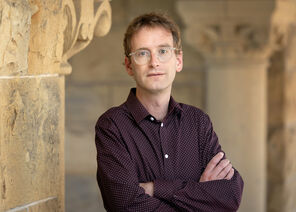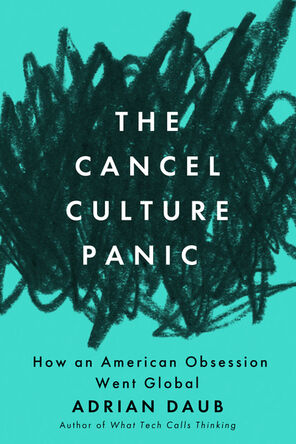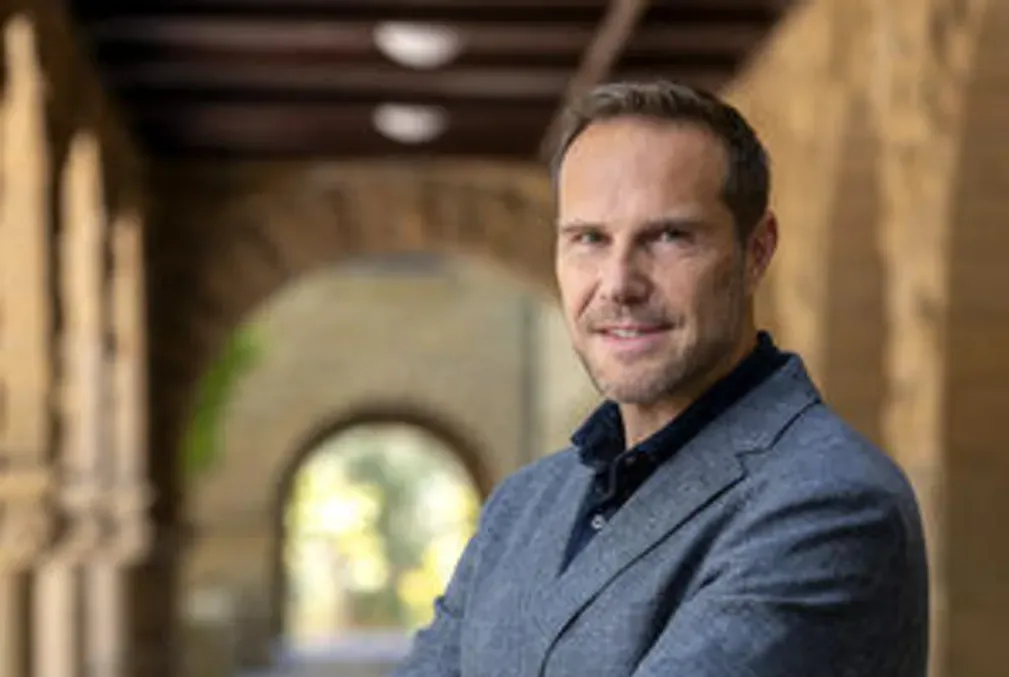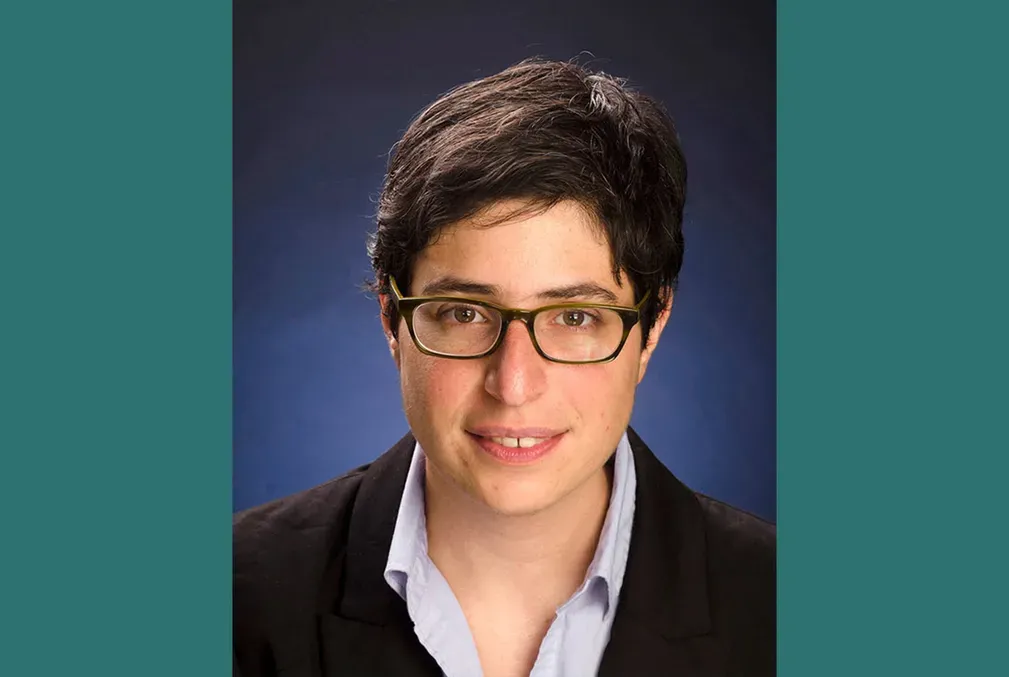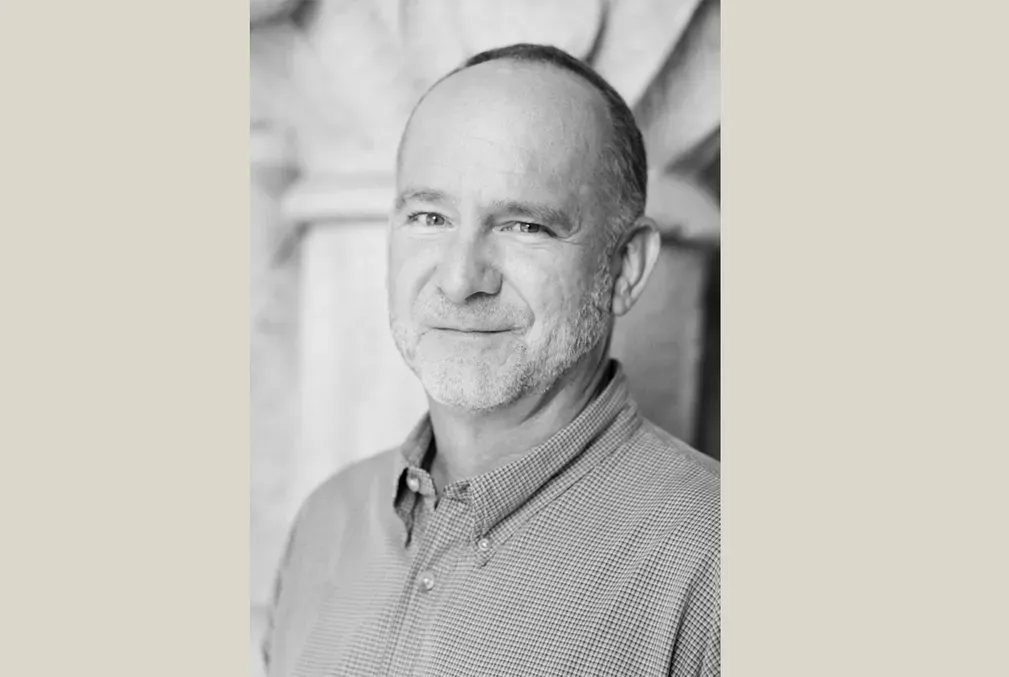Why cancel culture doesn’t exist
In a new book, humanities scholar Adrian Daub examines the global panic around the American cancel culture phenomenon—and argues that it’s just the latest reaction to generational change.
In the past five years, the concept of “cancel culture” has gone from the fringe to the mainstream. But for many, its definition remains elusive—exactly who or what is getting “canceled,” and what does cancellation actually entail? At the same time, the controversies around it have garnered outsized coverage in newspapers in Europe, South America, Turkey, and Russia. This phenomenon is the focus of a new book by Adrian Daub, the J.E. Wallace Sterling Professor of the Humanities and professor of comparative literature and of German studies in the School of Humanities and Sciences.
The book, The Cancel Culture Panic: How an American Obsession Went Global (Stanford University Press), explores new territory for Daub, whose eight previous English-language books have explored diverse topics including the flaws in Silicon Valley philosophy and four-handed piano playing in the 19th century. (He also hosts a podcast, In Bed with the Right, with the writer Moira Donegan.) The book was born, Daub says, out of an impulse to defend his students.
“I was annoyed by the ease with which people judged my students, and I felt a little protective,” said Daub, who is also director of Stanford’s Michelle R. Clayman Institute for Gender Research. Specifically, he was upset about the ways the conversations around academia and cancel culture seemed so different from his lived experience on campus. “That bothered me on a moral level,” he added.
“Don’t you feel threatened?”
The book’s central thesis is that cancel culture is improperly framed. After all, many people who were said to have been “canceled,” such as the comedian Louis C.K., often continue to find work, just for a new audience. Despite this, outrage—from politicians on the right and media across the political spectrum—over online leftists supposedly narrowing discourse and threatening the free exchange of ideas has defined the conversation at home and abroad, even in newspapers that Daub has contributed to. “People would say, ‘Don't you feel threatened by a trigger warning?’” he said. “No. ‘Don't you feel scared of what you can and can’t teach anymore?’ Not really.”
Somehow, people on the outside “seemed to have a very, very specific idea of what I should be scared of as an academic. That, to me, was the first inkling of something interesting going on.”
What he found is that there is something of a game of telephone at the roots of cancel culture. In essence, something is alleged to have happened on a campus. It’s then spread through social media. Newspaper editors (often in Europe, Daub points out) take note, but by the time the articles get into print, where the outrage is magnified for impact, the original story has been distorted or even fabricated. Moreover, it’s unclear why, say, an editor in Berlin should care what happens at, say, Oberlin. “It's all about the fact that things are made to matter for people for whom they objectively probably don't matter,” Daub said.
Getting a response
The book was originally published under a slightly different title in Germany in 2022. The English version is a thorough revision, but the earlier edition gave Daub a preview of what to expect from readers. “People are genuinely upset and morally offended that my basic claim is that this phenomenon of cancel culture does not exist the way they thought it existed,” he said. “I've been yelled at for this book. Most reactions have been lovely. But people got in my face.”
The idea that campuses are generally more peaceful than what’s portrayed in the media doesn’t make good fodder for social media, Daub points out. He says it’s true that some professors might be at greater risk for firing in our social media era. But he notes that it’s not those who are insufficiently liberal who are at risk—it’s liberal professors who find themselves in the crosshairs of crusaders against “wokeness” like Ron DeSantis.
According to Daub, this is a manifestation of what’s often behind such panics: fear of a younger generation. “A lot of moral panics are ultimately about how the young cannot be trusted with their own youth,” he said. Writers extrapolate this anxiety into an existential crisis. “It allows you to present the things that you don’t like as a threat to everything: the Enlightenment, the West, democracy, etc.,” he said. “Well, no: You just don’t like they/them pronouns.”
Ultimately, Daub concludes that the cancel culture discourse is simply a new version of an old phenomenon. “The very same points about campuses were made in the 1990s,” he said, before exaggerating slightly for humor, “back when there were only three people on campus who were online.”
Media contact:
Marijane Leonard, School of Humanities and Sciences: marijane [dot] leonard [at] stanford [dot] edu (marijane[dot]leonard[at]stanford[dot]edu)
